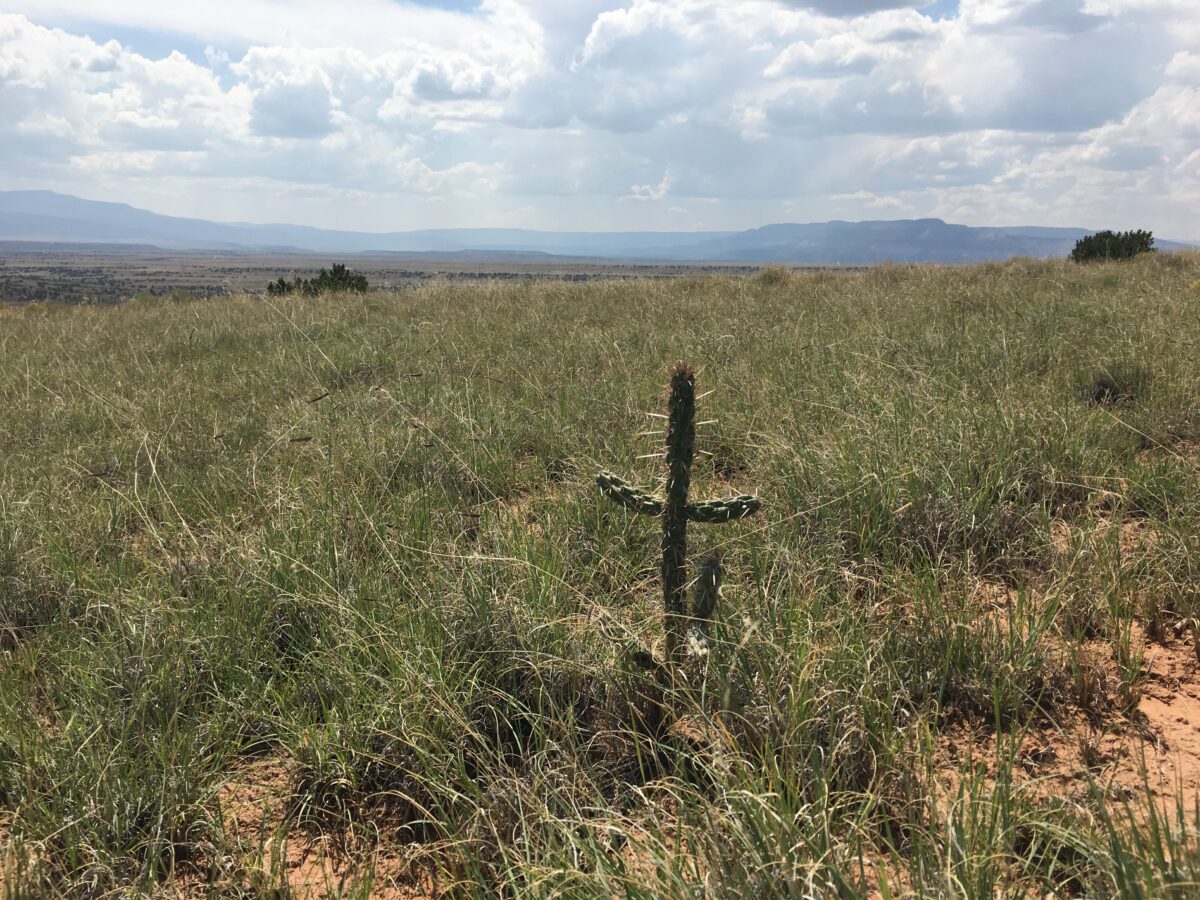August 9, 2023
Why you’re suddenly shooting flames from your eyes

When in doubt, find the origin story.
Whatever subject or phenomenon you’re trying to comprehend, research the historical context that first informed its identity. Doing so almost always reveals reasons for its intentions and gives you perspective on how far a particular idea has come.
And once you know how something came to be, you’re now equipped to predict how it might evolve.
Comic books use the origin story trope to show how the main characters gained their superpowers. This mythology, the narrative of how a world began, explains why heroes and villains possess the qualities that define them today.
Like the mild mannered pilot who gets bombarded by these mysterious cosmic rays during flight. He suffers a tragic accident that kills hundreds of passengers, while he’s oddly unharmed. But soon that strange energy he encountered in the sky starts changing his mind in wondrous and grotesque ways.
But all dramatic move trailers aside, ideas have origin stories too. And we can uncover a lot of useful insight if we hone our ability to ask the right strategic questions.
Here are three of my favorite ones.
How did the word originate?
Coin a new world, and you create a new world. New names stimulate new beginnings. If you’re an amateur etymologist like me, you know linguists not only study the origin of words, but also how their meanings have changed over the years. And it’s the historical development of the word’s meaning that provides context.
Take a term like jazz. In the late eighteen hundreds, jazz evolved from the word jism, which was used as slang for semen, or more generally, energy, vitality and spirit. Soon the word jazz expanded in meaning and baseball announcers used it as slang, being lively and energetic.
Let’s jazz this place up!
Later in the teens, the horn players in honky tonk clubs created a new style of music that sounded like a cross between ragtime and the blues. Louisianans didn’t originally view this jazz as art, more as background music for dancing drinking and fighting.
Isn’t that fascinating? Does your conception of what jazz music is make more sense, now that you know its origin story?
Imagine if someone was an aspiring saxophone player, or simply a lover of music. Knowing that historical context would be a glowing source of creative inspiration.
Here is another helpful origin story question to ask.
When was the first one created?
This is the discipline of recognizing conceptual beginnings, and it cannot be understated. Witnessing ideas in their nascent state and pinpointing the true moment of conception, that’s a skill you can learn.
Think of yourself as a historian. Find out what the circumstances where when an idea was originally conceived. Maybe it was an accident, maybe necessity was the mother of invention, or maybe some psychotic genius had an evil plan all along.
Here’s my favorite example of this line of thinking.
Missourians like me were taught a fun piece of trivia in grade school. In the early nineteen hundreds, a family of brothers ran their ice cream concessions at events across the midwest. Then at the legendary world’s fair, a lady friend of theirs, in search of daintier eating, took one layer of her baked waffle and wrapped it around the dessert. On that day, the ice cream cone was born.
Now, who knows if that mythology is really true. For all we know, ice cream vendors were struggling with sales and banded together with the other vendors to strategize how to move more product.
But not only is that origin story fascinating, it also changes the way you think about how and why people eat the way they do.
If you were a food entrepreneur trying to invent a new category of desserts, it might be useful to know that.
Here’s one final origin story question you can ask.
Who used to think this idea was dangerous, illegal or immoral?
The answer is almost certainly the church, the government, the media, or straight white males.
But you’d be amazed at just how many people and products and ideas were originally viewed as some kind of moral or legal transgression.
Consider makeup. In the third century, the bishop published creed saying all women in general should be warned that the work of god, his creature and image should in no way be falsified by employing yellow coloring or black powder or rouge. Any cosmetic at all that spoiled their natural features was an affront to the lord.
Cyprian exclaimed that makeup was an assault upon the divine work and a violation of the truth, and whatever appearance was changed was the work of the devil.
Come on, tell me that’s not amazing ad copy for a modern and empowering lipstick campaign.
Send that origin story down to the marketing department at some global skincare company, and they’ll double sales within weeks.
To review, here’s the three strategic origin story questions.
Where did the word originate?
When was the first one created?
Who used to think the idea was dangerous, illegal or immoral?
Whether you’re doing product research, searching for creative inspiration, or just trying to understand this chaotic and complicated world we live in, find the origin story.
Because new names stimulate new beginnings. You may not be able to shoot flames from your eyes, but that doesn’t mean you don’t have a superpower.
How are you honing the effectiveness of your historian hat?

